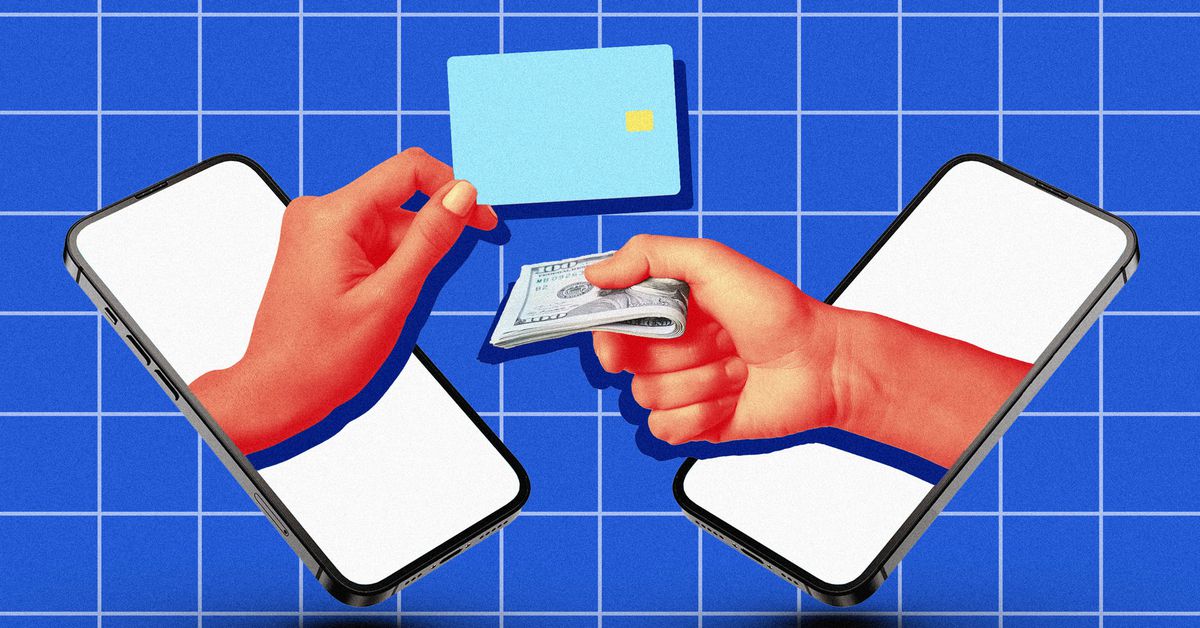- cross-posted to:
- [email protected]
- cross-posted to:
- [email protected]
“If you’re someone who’s buying products on the web, we know who is buying the products where, and we can leverage the data,” Grether said in a statement to the WSJ. He also said that PayPal will receive shopping data from customers using its credit card in stores.
A PayPal spokesperson tells the WSJ that the company will collect data from customers by default while also offering the ability to opt out.
PayPal is far from the only company to sell ads based on transaction information. In January, a study from Consumer Reports revealed that Facebook gets information about users from thousands of different companies, including retailers like Walmart and Amazon. JPMorgan Chase also announced that it’s creating an ad network based on customer spending data, while Visa is making similar moves. Of course, this doesn’t include the tracking shopping apps do to log your offline purchases, too.



The 15 seconds are more like a maximum. It’s usually faster. Taking out you phone and maybe entering the phone PIN, opening the banking app and entering a PIN for that takes some time, too.
The advantage that Paypal still has: It’s like a social network. People are connected and it might be easier to use it instead of first asking people for their IBAN code to send the money…
If it’s less than that, it could work. The problem about asking the IBAN could be bypassed by QR codes in shops. I think that the instant bank transfer (if very fast) could help the rise of other apps that don’t have to pay fees to the credit card circuit and so be competitive and compete with PayPal.